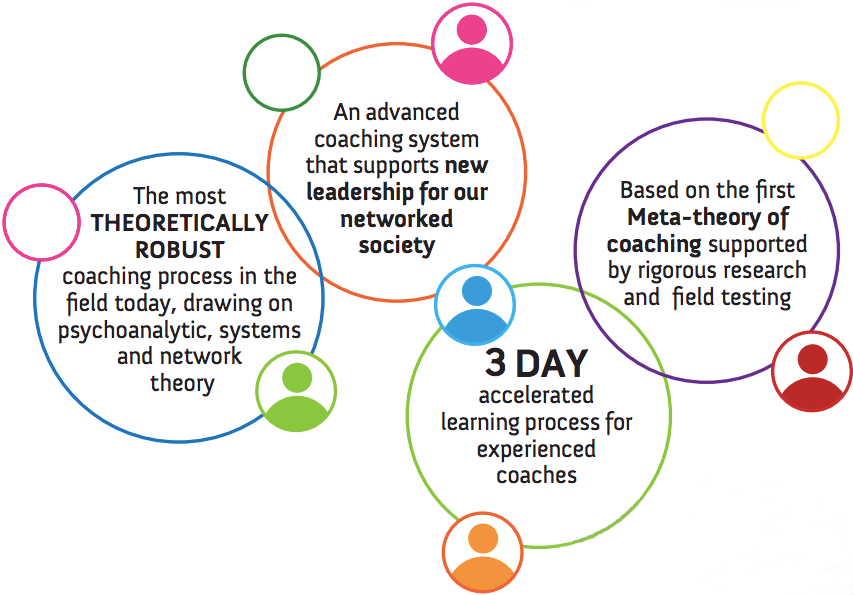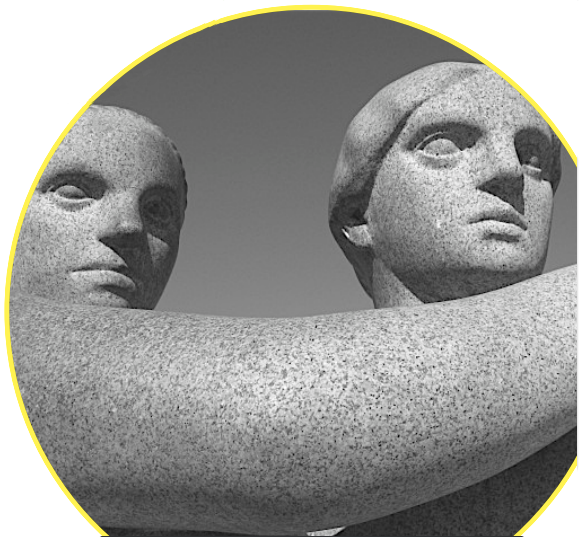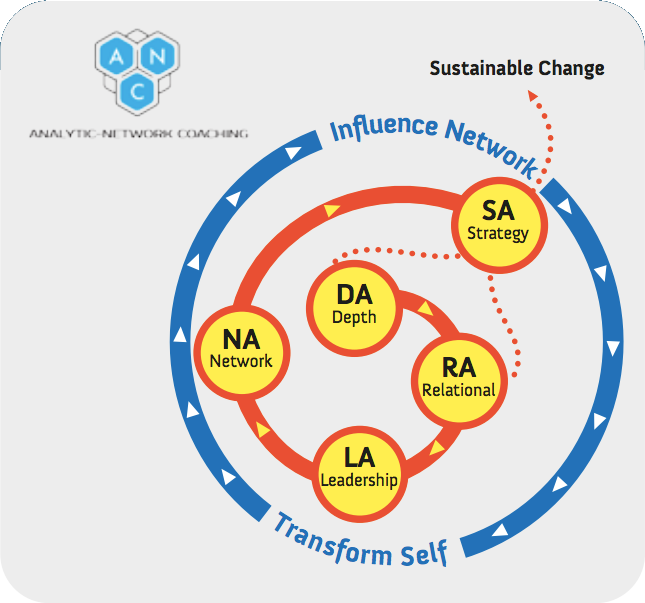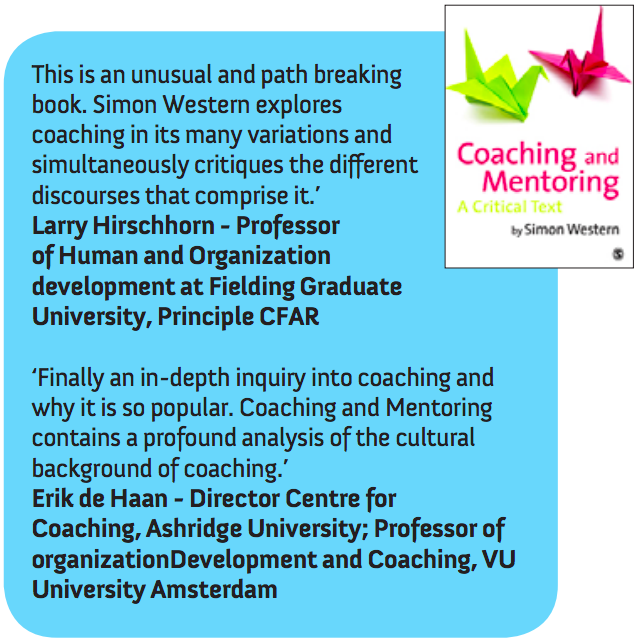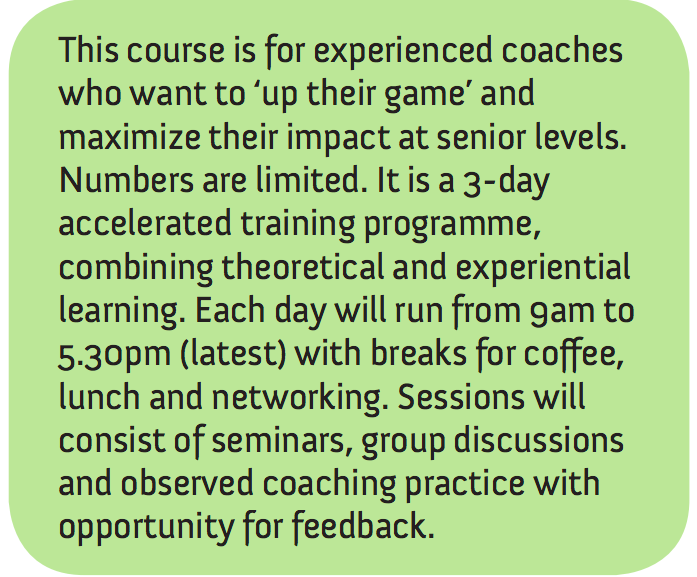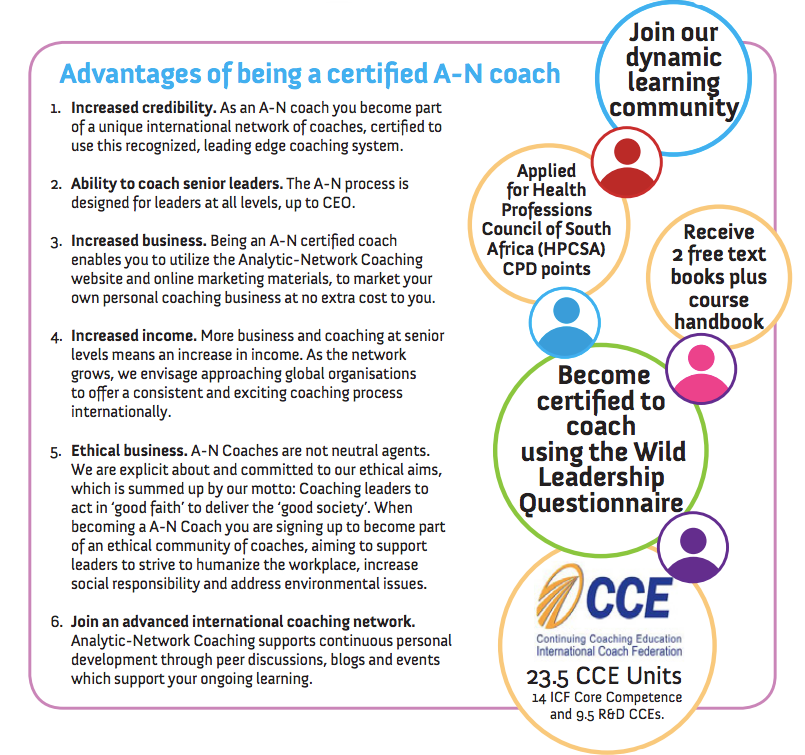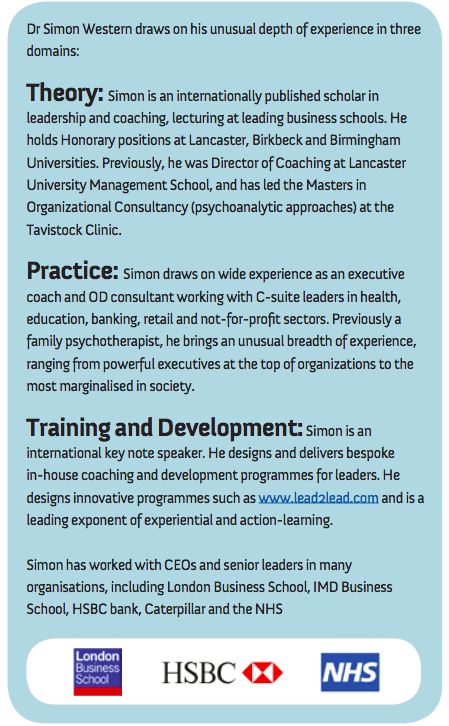
Intuitive Leadership Workshop
Intuitive Leadership Workshop
This three-day workshop focuses on developing leadership intelligence through work with leadership role analysis; reflective practice, associative thinking and personal scrutiny.
14th -16th August 2019
Melbourne, Australia
Intuitive Leadership Workshop
This three-day intuitive leadership workshop focuses on developing leadership intelligence through work with leadership role analysis; reflective practice, associative thinking and personal scrutiny.
Throughout the three days you will be invited to examine the way that you take up leadership roles: through exploring your own current roles in a disciplined manner, through taking part in experiential exercises with verbal and non-verbal components; and through reflection on and integration of learning. Group and team dynamics will be explored through the double task method of pausing from time to time in the work to note their occurrence. The double task means that a group works both at a substantial task and also monitors their dynamics in an ongoing way.
Intuitive leadership draws on the intuitive intelligence of leaders and followers. Intuitive intelligence, involves working with one’s experience at an unconscious and immediate level. It brings together past experiences and knowledge at cognitive, sensing and emotional levels. Intuitive leadership is not magical but hard won through its balance with cognitive and emotional intelligence, the development of negative capability, reflective practice, associative thinking and personal scrutiny; all of which require study and practice.
Leadership involves many capacities to influence, guide, inspire, direct, support, challenge, emotionally hold and enable others. It requires the use of many forms of intelligence – cognitive, emotional, non-verbal sensing and intuitive. At NIODA, we use methods that examine and develop leadership as part of a whole of organisation approach – a systemic approach; beginning with Leadership Role Analysis – a type of Organisational Role Analysis (ORA).
“I recommend this workshop to others wanting to explore and experience transformational leadership up close and personal. An insightful and thought-provoking encounter that continues to have a resounding impact on my practice.”
Day One
Day one will introduce you to the concepts that support leadership role analysis, and give you some experience in working in this way. The “Transforming Experience Framework” will be introduced to aid in role analysis. Group and team dynamics will be explored as they occur.
Day Two
Day two takes you into leadership role biography and role history. Here you will explore some of the important leadership roles that you have taken and/or wish to take up. You will discover the patterns of your own role taking and how they affect your leadership currently.
Day Three
Day three returns to role analysis work and integrates the verbal, non-verbal and intuitive learning that has occurred.
What is Organisational Role Analysis?
Organisational Role Analysis (ORA) is a disciplined and focussed method to help people understand and develop the way they take up their work role and its authority, responsibilities, accountabilities and relationships. Distinctively, the ORA approach examines role rather than personality. Instead of focusing on the person and what they bring to the role, ORA construes the role within the wider system and context and explores how role, person, system and context are interrelated. ORA is a powerful leadership, coaching and consulting tool and can be used in a variety of different organisational settings.
“This was extremely insightful in the ways individuals and groups work and what we draw on to make sense of our roles.”
Group and System Dynamics
Role analysis requires an understanding of group and systems dynamics, in particular, the complex interrelationship of person, role, system, context and source.
Role – When we move toward the system (organisation-in-the-mind/experience of the client) we can explore it through the role as a part of the system. How does the system look from this role? What does the system demand of this role? What does the system ‘put into’ this role through its structure and dynamics? What is the purpose and task of the system and how does this shape the person, role and culture?
Person – When we move toward the person, we can explore how the role affects the person and what they bring to the role. What thoughts, motives and emotions are generated by the role? What skills and capacities does the person bring from their training, personality and history? How do these shape the role?
Context – Person, role and system are all affected by the social, cultural, economic and environmental context. What do current contexts bring to the person-role-system dynamic?
System – When we look across the person-role-system-context, we see the effects on the system of how the person takes up, shapes and works with the authority of the role within contextual constraints. We may also see how the system shapes the role and fills the person so that they experience issues that are in them but not of them; all this is within a social, political, economic, and educational context.
Source – provides the impetus, meaning and purpose for the person-role-system-context framework.
“An ongoing reinforcement for me personally that this is important work and that I can continue to develop a level of capability in the tools and techniques and trust myself in the moment.”
Working with Sensing and Non-Verbal Communitation
This workshop challenges you to work with sensing and non-verbal material as well as through verbal communication and conceptual understanding. All these come together in taking up a role, even when we think that we are only in one or other of these modalities. Day one works with intuitive intelligence in understanding the nuances of role and its emotional impact on self and others. Day two is designed to allow you to explore your leadership and team work strengths and weaknesses as they have emerged through your own personal biography and how you envisage your future leadership roles. Day three brings your sensing and non-verbal learning together with your more logical problem-solving intelligence through working on dedicated observation tasks. Each day challenges your skills at observation, empathy, timing, communication, teamwork, authority and assertion.
Who is this Intuitive Leadership Workshop for?
This workshop is for leaders, managers and consultants (internal and external) who want to:
• explore their own leadership or work role in depth;
• wish to develop and explore their own capacity for intuitive intelligence;
• coach or advise others on how to be effective in their roles;
• understand and explore work roles in general and how they emerge systemically.
“To further experience of the use of drawing as a powerful tool for exploration and how this simple approach can unearth strong and complex emotions, patterns and enable deep conversation.”
Intuitive Leadership Workshop
Day(s)
:
Hour(s)
:
Minute(s)
:
Second(s)
Staff
Workshop staff will be selected from our experienced team including:

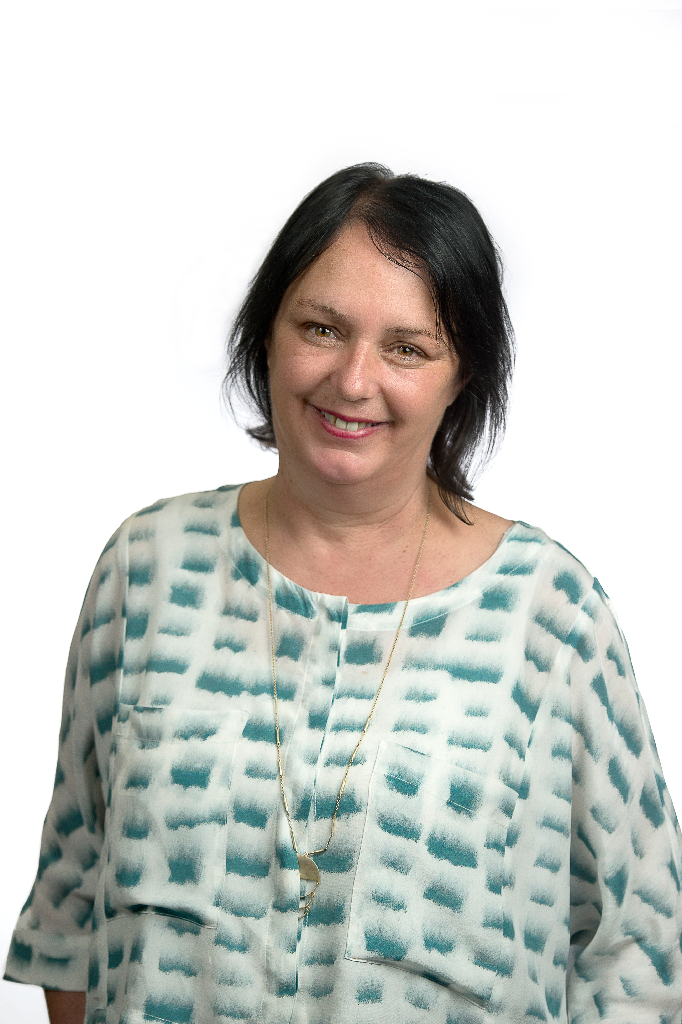
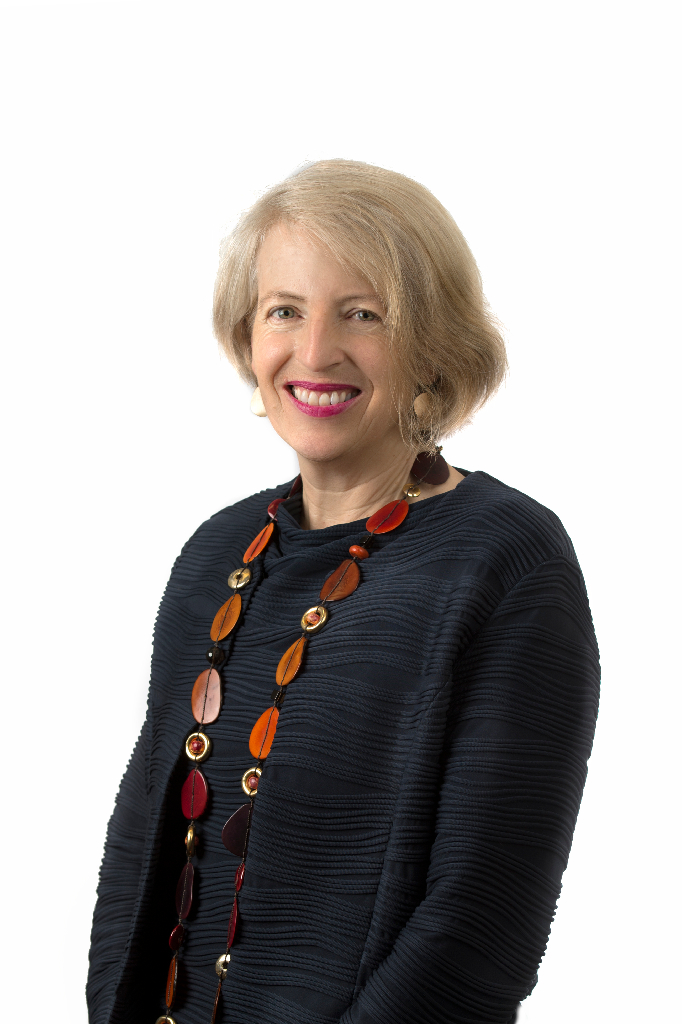
Susan Long (PhD)
Director of Research and Scholarship, NIODA; Visiting Professor, INSEAD Singapore; Melbourne, Past President the International Society for the Psychoanalytic Study of Organisations (ISPSO), now distinguished member; Inaugural President Group Relations Australia (GRA); Past President Psychoanalytic Studies Association of Australasia.
Wendy Harding (PhD)
Chief Executive Officer and Director of Academic Programs, NIODA. Management educator, researcher and consultant to organisations and individuals. Member ISPSO and GRA.
Brigid Nossal (PhD)
Deputy CEO and Director of Consulting NIODA, Senior Lecturer NIODA’s Master of Leadership and Management (Organisation Dynamics). Board Member ISPSO and member Group, Relations Australia (GRA).
References
Newton, J., Long, S. and Sievers B. (Eds.) (2006). Coaching In-Depth: The Organizational Role Analysis Approach. Karnac Books: London and New York
Long, S. (2013). (ed) Socioanalytic Methods. Karnac: London
Long, S. (2016) (ed.). The Transforming Experience Framework Karnac, London.
When & Where
Intuitive Leadership Workshop
DATE:
14, 15 & 16 August 2019
TIME:
9am – 4:30 pm
LOCATION:
Treacey Centre
126 The Avenue, Parkville, Melbourne Australia
Early Bird
UNTIL 1 July- Three day workshop
- Morning & afternoon tea
- Lunch
Full rate
Registrations close 1 August- Three day workshop
- Morning & afternoon tea
- Lunch
About NIODA
The National Institute of Organisation Dynamics Australia (NIODA) offers internationally renowned post-graduate education and research, and decades of experience consulting with Australian organisations. In 2019, their annual Symposium will explore Healthy and Ethical Organisational Culture.
The study of organisation dynamics brings together socio-technical and psychoanalytic disciplines to explore the unconscious dynamics that exist in every group, team or organisation. Learning more about these theories, and reflecting on the experience of them, can support leaders and managers to unlock great potential in their organisations, tackling issues through a whole new light.
Get In Touch
PO box 287, Collins Street West Melbourne 8007 Australia
+61 414 529 867
info@nioda.org.au






